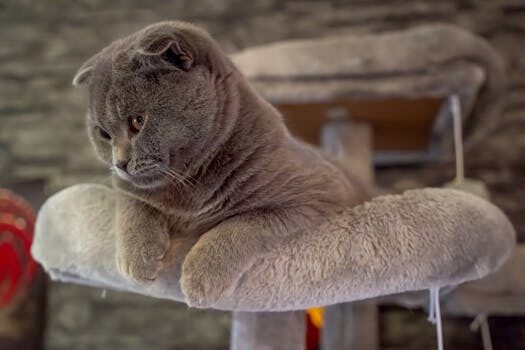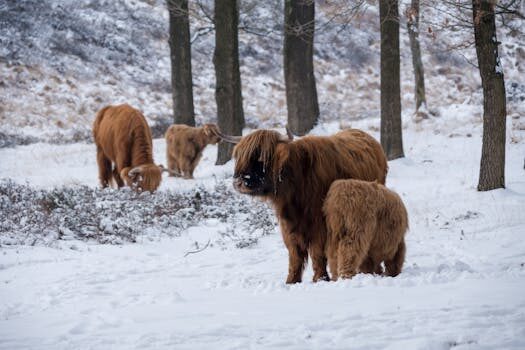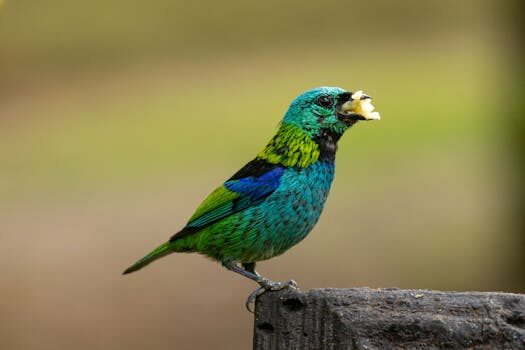Scottish names and their meanings

Scottish names are not just a collection of letters; they represent a rich tapestry of history and culture. From the rolling hills of the Highlands to the vibrant cities, these names tell stories that echo the past. Understanding Scottish names opens a window to Scotland's unique identity and heritage.
This article delves into the world of Scottish names, exploring their meanings, cultural significance, and the stories behind them. Whether you're looking for a traditional name for a baby or simply curious about the meanings, this guide will illuminate the fascinating realm of Scottish names.
What are the most popular Scottish names?
When we think of popular Scottish baby names, a few standout options come to mind. Names like Eilidh, which means "sun" or "radiance," and Logan, meaning "small hollow," have gained immense popularity not just in Scotland but worldwide. These names reflect not only cultural roots but also contemporary trends.
Additionally, names such as Ailsa, derived from the Old Norse word for "elf," and Alan, which means "handsome" or "cheerful," are also widely favored. These names embody the essence of Scottish heritage while being approachable for modern parents.
Here’s a list of some of the most popular Scottish names today:
- Eilidh
- Logan
- Ailsa
- Alan
- Rory
Each of these names carries a unique meaning that adds depth to its popularity. The blend of tradition and modernity makes these names appealing to many.
What are unique Scottish names?
Unique Scottish names often reflect the rich history and the diverse cultural influences that have shaped Scotland. Names like Ainsley, which means "one's own meadow," and Eilidh, with its Gaelic roots, stand out for their distinctiveness.
Another remarkable name is Aodh, meaning "fire," which connects to Celtic mythology and the ancient stories of gods and heroes. Such names offer a glimpse into Scotland's mystical past and are perfect for parents looking for a name with character and history.
Some other unique Scottish names include:
- Fiona: Meaning "fair" or "white."
- Caelan: A name that means "slender" or "narrow."
- Greer: A name that signifies "watchful," showing strength and independence.
- Skye: Named after the beautiful Isle of Skye, it embodies nature's beauty.
Choosing a unique Scottish name can give a child a sense of individuality while honoring their heritage.
What do Scottish names mean?
The meanings behind Scottish names are often deeply intertwined with nature, history, and mythology. For example, the name Ailsa not only signifies "elf" but also has ties to the iconic Ailsa Craig, a small island off the Ayrshire coast.
Similarly, the name Eilidh connects to the Gaelic word for "radiance," symbolizing light and positivity. Understanding the meanings behind these names can provide families with a profound connection to their ancestry.
Many Scottish names have historical significance as well, often linked to prominent figures or events. For instance, the name Bruce pays homage to Robert the Bruce, a historical king and national hero. Names like these help preserve Scotland's rich legacy.
How do Scottish names reflect cultural heritage?
Scottish names are a reflection of the country's rich cultural heritage and diverse history. Many names have Gaelic origins, illustrating the influence of the Celtic language on Scottish identity. Names like Ailsa and Eilidh are perfect examples of how language shapes identity.
Additionally, the incorporation of Norse and Anglo-Saxon elements into Scottish names showcases the convoluted history of invasions and interactions. For instance, the name Ainsley, with its Old Norse roots, reflects a blend of different cultural influences that shaped the Scottish landscape.
Moreover, traditional Scottish surnames often denote geographical locations or professions, providing insight into the history of clans and families. The preservation of these names helps keep Scottish traditions alive, ensuring that future generations remain connected to their roots.
What are traditional Scottish girl names?
Traditional Scottish girl names often hold a timeless charm. Names like Eilidh, Fiona, and Ailsa are not only beautiful but also carry significant meanings. Eilidh signifies "radiance," while Fiona means "fair" or "white," evoking images of purity and beauty.
Other traditional names include:
- Islay: Named after the island, symbolizing nature.
- Catriona: A Scottish version of Katherine, meaning "pure."
- Morag: Meaning "great," a name often associated with strength.
- Shona: A feminine version of John, meaning "God is gracious."
These names preserve the cultural essence of Scotland and are often passed down through generations, enhancing their significance.
What are strong Scottish boy names?
When searching for strong Scottish boy names, options like Alasdair and Angus come to the forefront. Alasdair is a Scottish variation of Alexander, meaning "defender of mankind," while Angus means "one strength" or "sacred."
Other notable strong Scottish boy names include:
- Hamish: A Scottish version of James, meaning "supplanter."
- Fergus: Meaning "man of vigor," it embodies strength.
- Logan: While popular, it also conveys a sense of durability.
- Ruaridh: Meaning "red-haired king," it signifies leadership.
These names not only sound powerful but also represent virtues of strength and bravery, making them ideal for boys.
What are some rare Scottish names?
Rare Scottish names can be quite enchanting, often steeped in history and mythology. Names like Aodh, meaning "fire," and Eithne, meaning "kernel," showcase the beauty of lesser-known options that still carry significant weight.
Here are a few more rare Scottish names worth considering:
- Innes: Meaning "island," known for its unique cultural ties.
- Yseult: A name with roots in Arthurian legend, loaded with romance.
- Mairi: A Scottish form of Mary, offering a vintage appeal.
- Rionnag: Meaning "little queen," it evokes a sense of royalty.
Choosing a rare name can bestow a sense of uniqueness and individuality, allowing a child to stand out while honoring their heritage.
Related questions about Scottish names
What is a traditional Scottish name?
A traditional Scottish name typically reflects the Gaelic language or historical significance. Names like Eilidh and Fiona are excellent examples, as they have deep roots in Scottish culture and are tied to specific meanings such as "radiance" and "fairness," respectively. These names often carry stories and connections to the land and its history.
What is a rare Scottish name?
A rare Scottish name might include lesser-known options like Eithne, which means "kernel," or Innes, meaning "island." Such names are not commonly used today, making them unique choices for parents who want to honor their heritage while giving their child a distinctive identity.
What is an iconic Scottish name?
An iconic Scottish name would be Bruce, referring to Robert the Bruce, a significant historical figure in Scotland. The name symbolizes strength and leadership, making it an enduring choice that resonates with Scottish pride and history.
What is a strong Scottish name?
A strong Scottish name may include Alasdair, meaning "defender of mankind," or Angus, which signifies "one strength." Both names embody qualities of resilience and courage, making them popular choices for those looking for powerful names.

This video offers a deeper dive into the beauty and significance of Scottish names, showcasing their rich history and the stories they tell.
